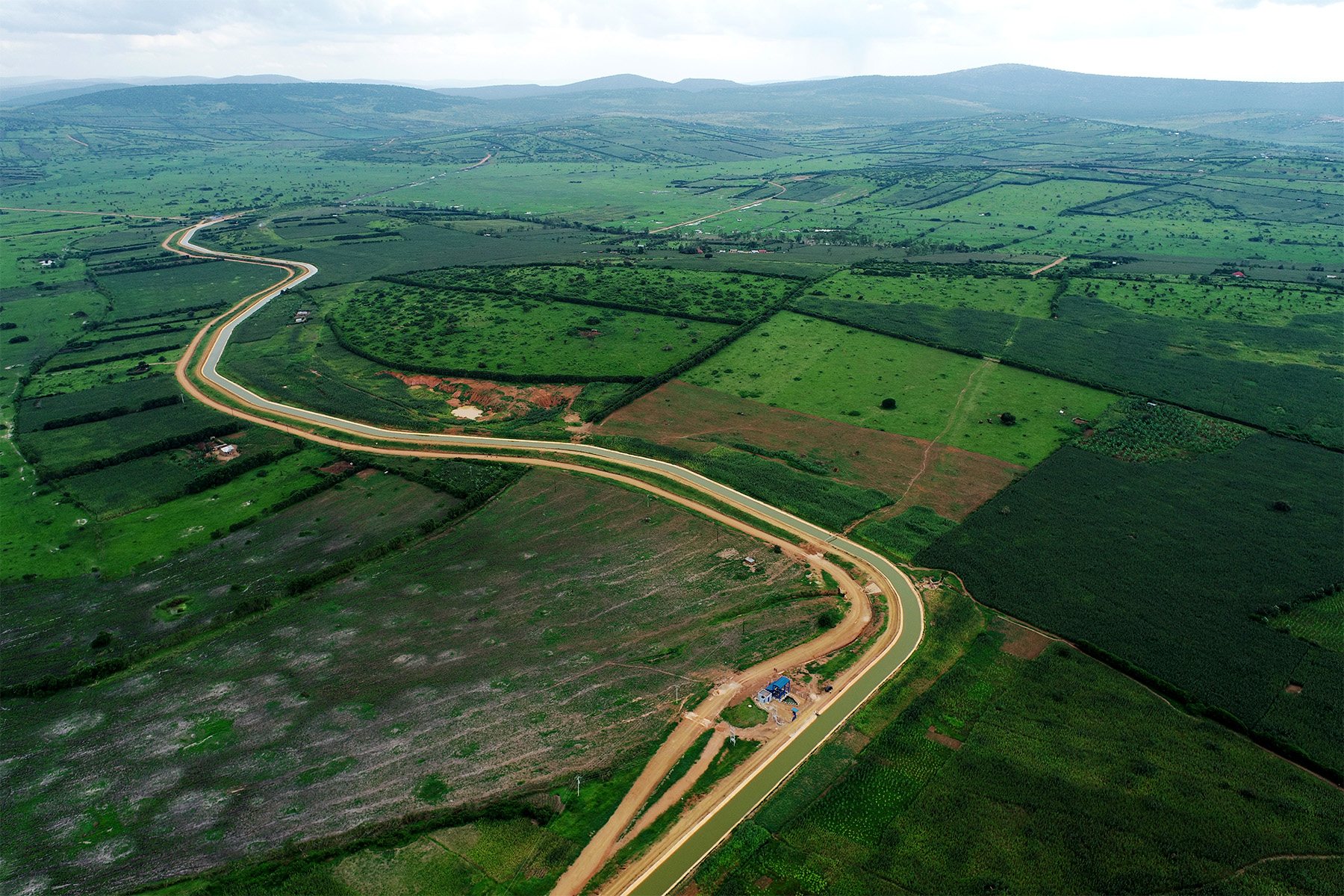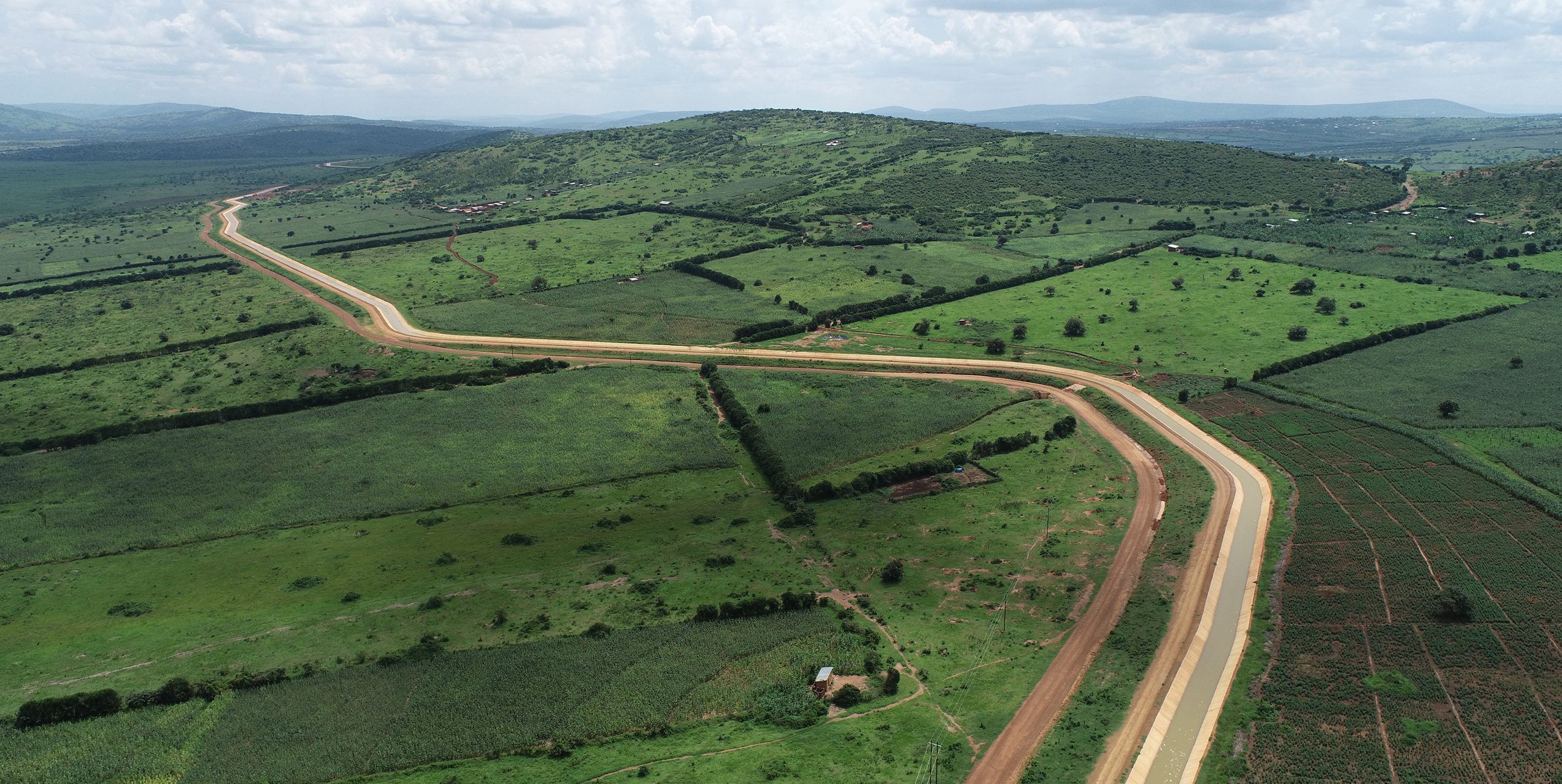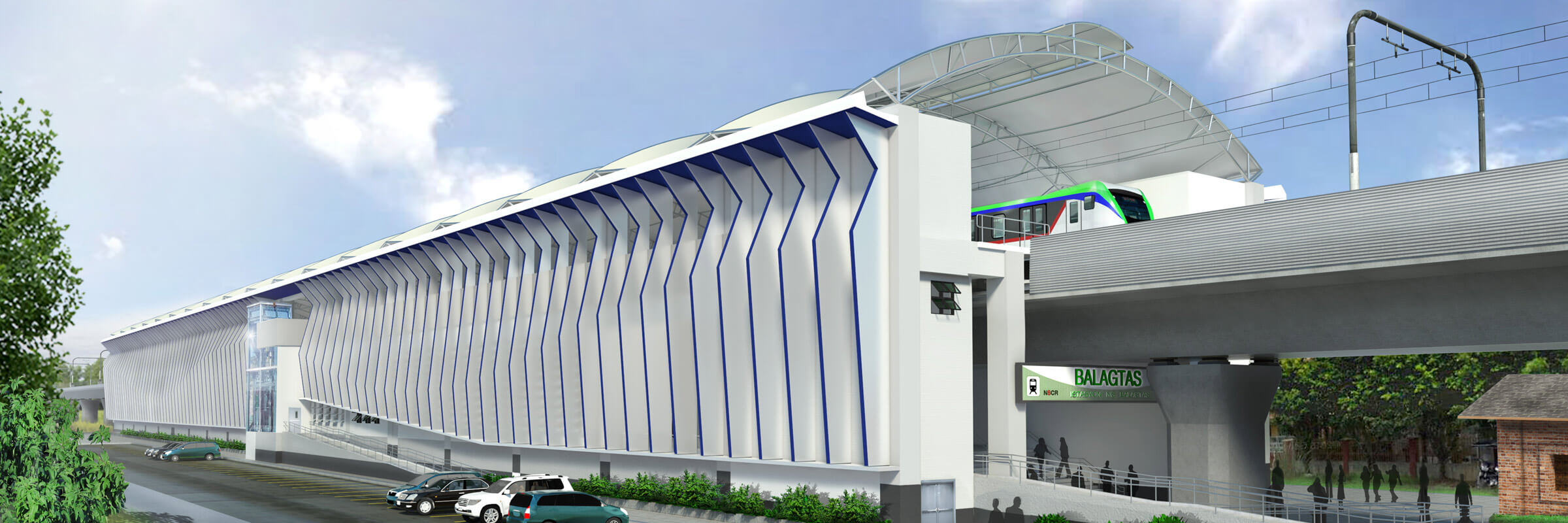












 Gabiro Agribusiness Hub set to transform Rwanda's Agricultural Landscape
Gabiro Agribusiness Hub set to transform Rwanda's Agricultural Landscape
In Rwanda’s Eastern province, the Gabiro Agribusiness Hub (GAH) is a project aiming to enhance agricultural productivity and efficiency whilst boosting food security. Key to this vision will be scalability and adaptability, to support community prosperity






